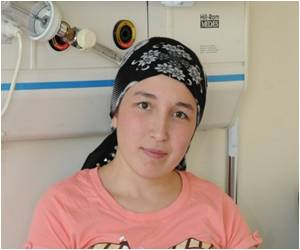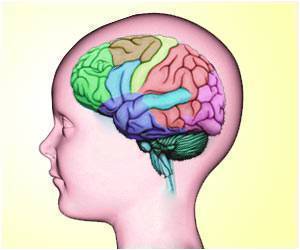A report reveals that prenatal exposure to antiepileptic medications was associated with an increased risk of impaired fine motor skills (small muscle movements) in children at age 6 months.

Researchers used data from the Norwegian Mother and Child Cohort Study from 1999 to 2009, in which mothers reported children's motor and social skills, language and behavior at 6, 18 and 36 months of age. Women also provided information on breastfeeding during the first year.
Exposure to antiepileptic drugs during pregnancy was reported in 223 children, mostly to a single drug (n=182).
At age 6 months, a higher proportion of infants whose mothers took antiepileptic drugs had impaired fine motor skills compared to the reference group (11.5 percent vs. 4.8 percent). The use of multiple antiepileptic medications was associated with impaired fine motor and social skills, according to the study results.
Breastfeeding by mothers using antiepileptic drugs was not associated with adverse development at ages 6 to 36 months in nursing children, according to the study.
"Women with epilepsy should be encouraged to breastfeed their children irrespective of antiepileptic medication use," the study concludes.(JAMA Neurol. Published online September 23, 2013. doi:10.1001/jamaneurol.2013.4290. Available pre-embargo to the media at http://media.jamanetwork.com.)
Editorial: Breastfeeding in Women with Epilepsy
"This study adds additional evidence that long-term breastfeeding is safe and perhaps even beneficial to infants of mothers taking AEDs [antiepileptic drugs]," Van Ness continues.
"This should be an important area of discussion with any woman of childbearing potential well in advance of pregnancy using the best available information. Thus, a woman should take folic acid supplements, received AED monotherapy whenever possible, and take the lowest effective dose of medication," the editorial concludes.(JAMA Neurol.
Source-Eurekalert
 MEDINDIA
MEDINDIA




 Email
Email







